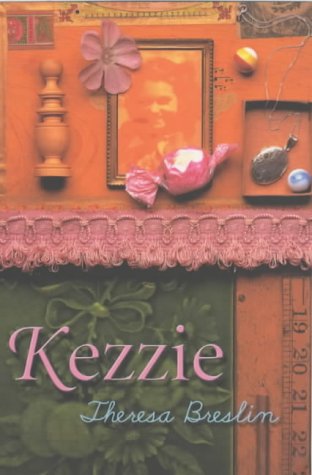Book Notes
Mining
Traditionally close knit supportive communities in a dangerous occupation of hard work, once extensive industry now vastly reduced.
In the United Kingdom the last of the ponies were taken out of the pits in 1994 and attracted great media attention. The story of the runaway hutches is based on fact, many miners will tell you of animals giving them warning of some danger about to happen.
Social Conditions
Tied houses where the family can be evicted if the wage earner loses their job. Outside toilets, outside wash houses made life less easy than today. School log books of the time tell of children missing school due to bad weather, poor clothing, and being allowed time off when crops had to be lifted.
Employment
C/f Door to door selling now by young people, Big Issue sellers, short term contracts, rise of homelessness.
Peg has to work ‘in service’ – many jobs not available for women.
Attitude to the unemployed – c/f today.
Migrant Workers
People moved all over the country, and from other countries following the harvests. Still happens today on a smaller scale, c/f workers conditions.
Emigration
Sometimes forced on people – by poverty, no prospects, and persecution. Note – Highland Clearances etc….. C/f today.
Attitude to immigrants/asylum seekers.
Recreation
Berrying – gathering wild berries. Canal trip. Seaside donkey rides. Ride on a tram.

